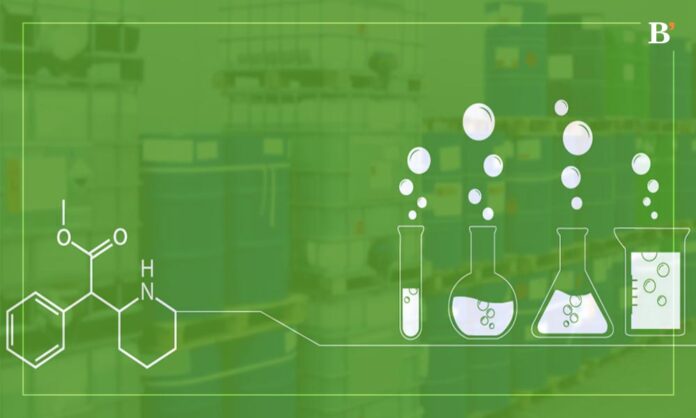Key Highlights
- Brazilian farmers benefit from a drop in fertilizer import prices, resulting in increased purchasing power and reduced cost of production for crops like soybeans and coffee.
- The Brazilian government’s aim to reduce dependence on fertilizer imports has rekindled interest in mining projects, with state-run Petrobras considering resuming nitrogen fertilizer projects.
Brazilian farmers are benefiting from a drop in fertilizer import prices. Thanks to sanctions imposed on major producers Russia and Belarus in 2022, which sparked fears of a global supply shortage.
Lower Fertilizer Import Prices Increase Purchasing Power for Brazilian Farmers
As per Analysts, Brazilian growers of staples like coffee and soybeans can now purchase inputs like urea and NPK fertilizer mixture, containing nitrogen, phosphorous and potassium in different proportions, at lower prices, which translates to increased purchasing power.
Data Stats
- As per data compiled by Argus Media, farmers in Mato Grosso, the top grain state in Brazil, required only 17.19 60-kilo bags of soybeans to purchase one tonne of NPK fertilizers in March, a significant reduction from the 27.44 bags per tonne required in the previous year.
- Although this figure is 0.7 bags per tonne higher than that recorded in February, it still represents a considerable decline, indicating that farmers have benefited from lower fertilizer import prices.
- The data from agribusiness consultancy Agrinvest reveals that, due to the combination of higher international coffee prices and lower nitrogen fertilizer costs, Brazilian Arabica coffee farmers now need only 1.8 bags of coffee to purchase one tonne of urea, the lowest ratio in eight years.
Lower Commodity Prices Drive Brazilian Farmers Towards Increased Fertilizer Applications
Agrinvest analyst Jeferson Souza said that Brazilian domestic farmers benefit from lower fertilizer prices, despite recent price drops in commodities like soy. This drop in prices may lead to an increase in fertilizer applications.
FT Food Revolution
The Brazilian government aims to decrease the country’s reliance on fertilizer imports, leading to renewed interest in mining projects. State-run Petrobras is considering resuming nitrogen fertilizer projects.
Argus reported that fertilizers made up 49% of the cost of production for the 2022/23 soybean crop in Mato Grosso, but this is expected to decrease to 46% in the next season based on data from farmer-backed research institute Imea.




